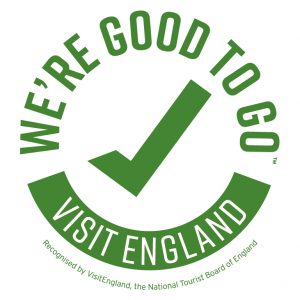Franklin & Washington: Edward J. Larson in conversation with Dr. Márcia Balisciano
During their lifetimes and in the years since, Benjamin Franklin and George Washington have been the subject of great literary interest. Yet each has typically been a minor player in the chronicles of the other – until now. Pulitzer Prize-winning author Edward J. Larson’s new book, Franklin & Washington, uncovers the close relationship between these two principal founders of the United States. Professor Larson, University Professor of History and Darling Chair in Law at Pepperdine University, who was also an inaugural Fellow at the Library for the Study of George Washington at Mount Vernon, will be in conversation with Dr. Márcia Balisciano, Director of the Benjamin Franklin House in London, the world’s only surviving Franklin home. On the table will be the genesis of Franklin and Washington’s friendship and its impact on the American story, and their legacies in a time of challenge.
Please note this is a past event. View upcoming events and all past virtual talks here.



